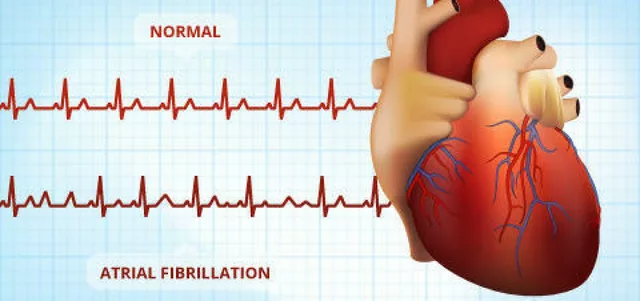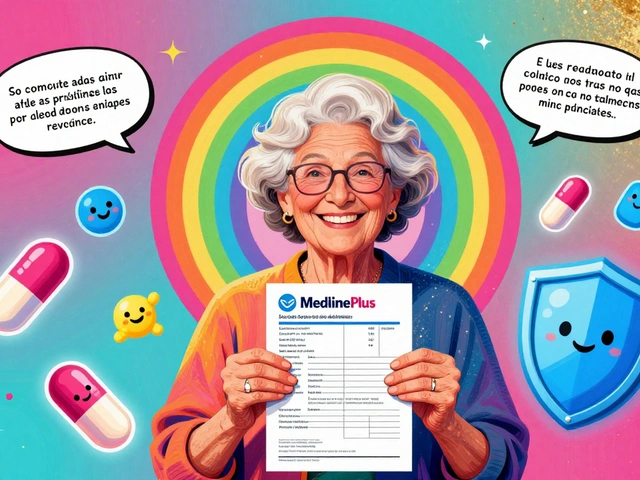Hypertension Drugs: Overview and Guide
When dealing with hypertension drugs, medications prescribed to lower high blood pressure and reduce cardiovascular risk. Also known as blood pressure medicines, they play a vital role in preventing strokes and heart attacks. Most people think of a single pill, but the reality is a whole family of medicines, each with its own strengths. Understanding the family helps you ask the right questions at the pharmacy or doctor’s office.
The first major branch is ACE inhibitors, which block the enzyme that narrows blood vessels. By relaxing the vessels, ACE inhibitors lower pressure and protect the kidneys, especially for people with diabetes. If you’ve heard of lisinopril or enalapril, those are ACE inhibitors in action.
Another core group is beta blockers, which slow the heart’s beating rate and reduce its force. Drugs like atenolol and metoprolol are common beta blockers; they’re especially helpful after a heart attack or for those with an overactive thyroid. While they work well for many, they can make exercise feel harder, so a balance of activity and dosage is key.
Main Classes of Hypertension Drugs
Beyond ACE inhibitors and beta blockers, calcium channel blockers (e.g., amlodipine, diltiazem) prevent calcium from entering muscle cells, which relaxes the arteries and eases the heart’s workload. They’re often chosen for older adults because they cause fewer metabolic changes.
Then there are diuretics, sometimes called water pills, which help the kidneys remove excess sodium and fluid. Hydrochlorothiazide and furosemide are top diuretics; they’re cheap, effective, and usually the first step in treatment protocols. The downside can be more trips to the bathroom, but staying hydrated balances the effect.
Each class connects to the next through shared goals: lower pressure, protect organs, and improve quality of life. Doctors often combine two or more classes to hit different mechanisms – a strategy called “dual therapy.” For example, pairing an ACE inhibitor with a calcium channel blocker tackles both vessel tone and fluid balance.
Choosing the right hypertension drugs isn’t just about the label; it’s about lifestyle, other health conditions, and potential side effects. If you have asthma, a beta blocker might not be ideal. If you’re pregnant, ACE inhibitors are off‑limits and a different class takes priority. Knowing these nuances lets you collaborate with your healthcare provider and avoid surprises.
Below you’ll find a curated list of articles that break down each drug class, compare popular brand names, explain how to monitor blood pressure at home, and offer tips for managing side effects. Whether you’re starting your first prescription or fine‑tuning an existing regimen, the posts ahead give practical, up‑to‑date guidance you can use right away.
Zestril (Lisinopril) vs. Other Blood Pressure Medicines: A Straight‑forward Comparison
A clear, conversational guide comparing Zestril (lisinopril) with other blood‑pressure meds, covering effectiveness, side effects, cost, and how to choose the right option.






